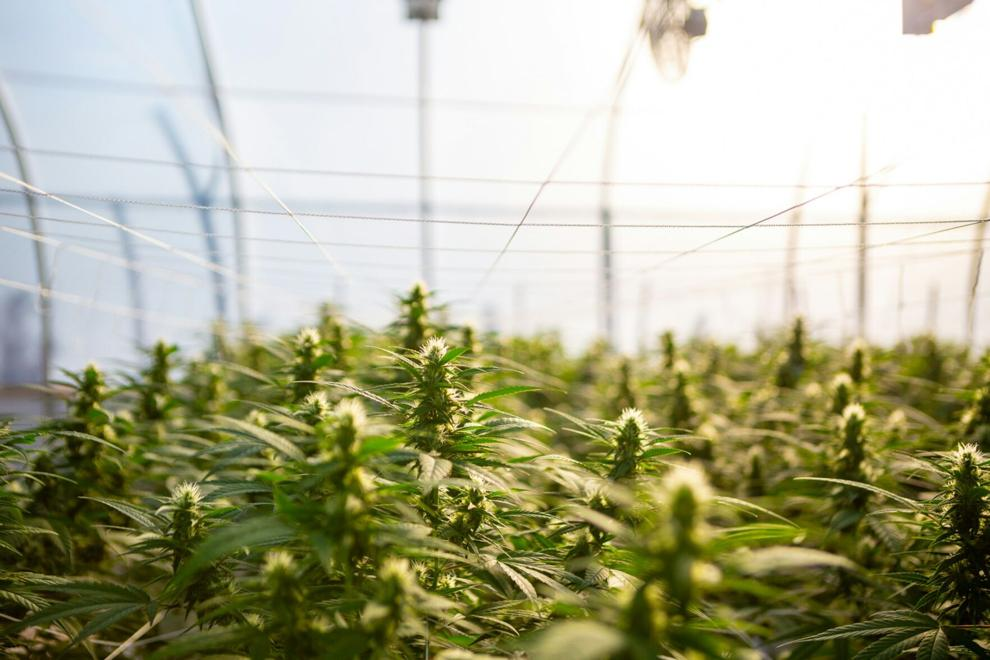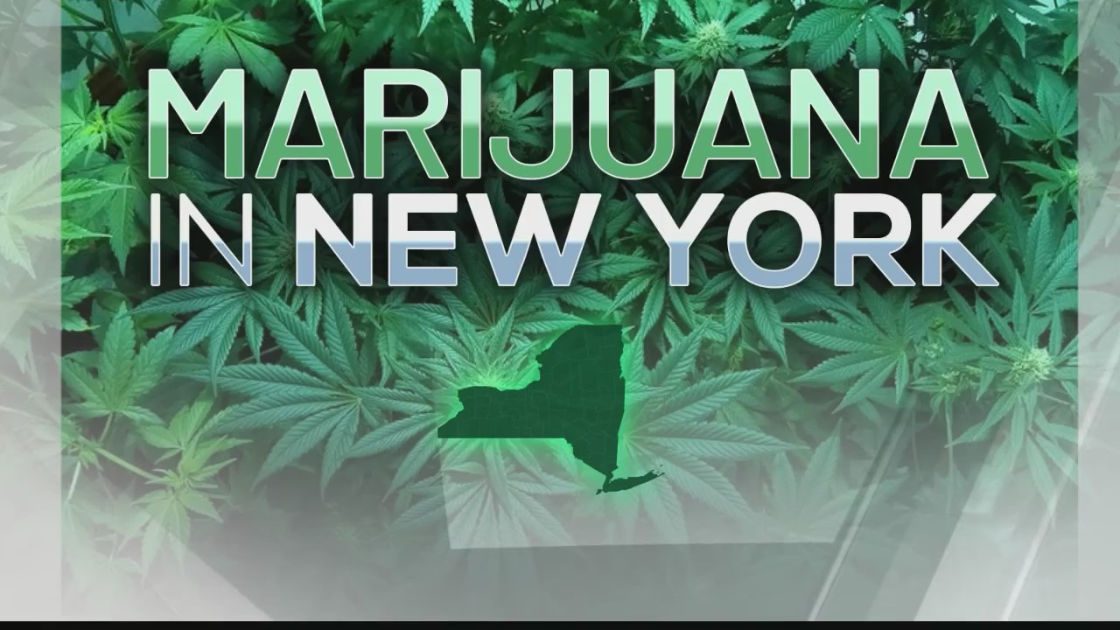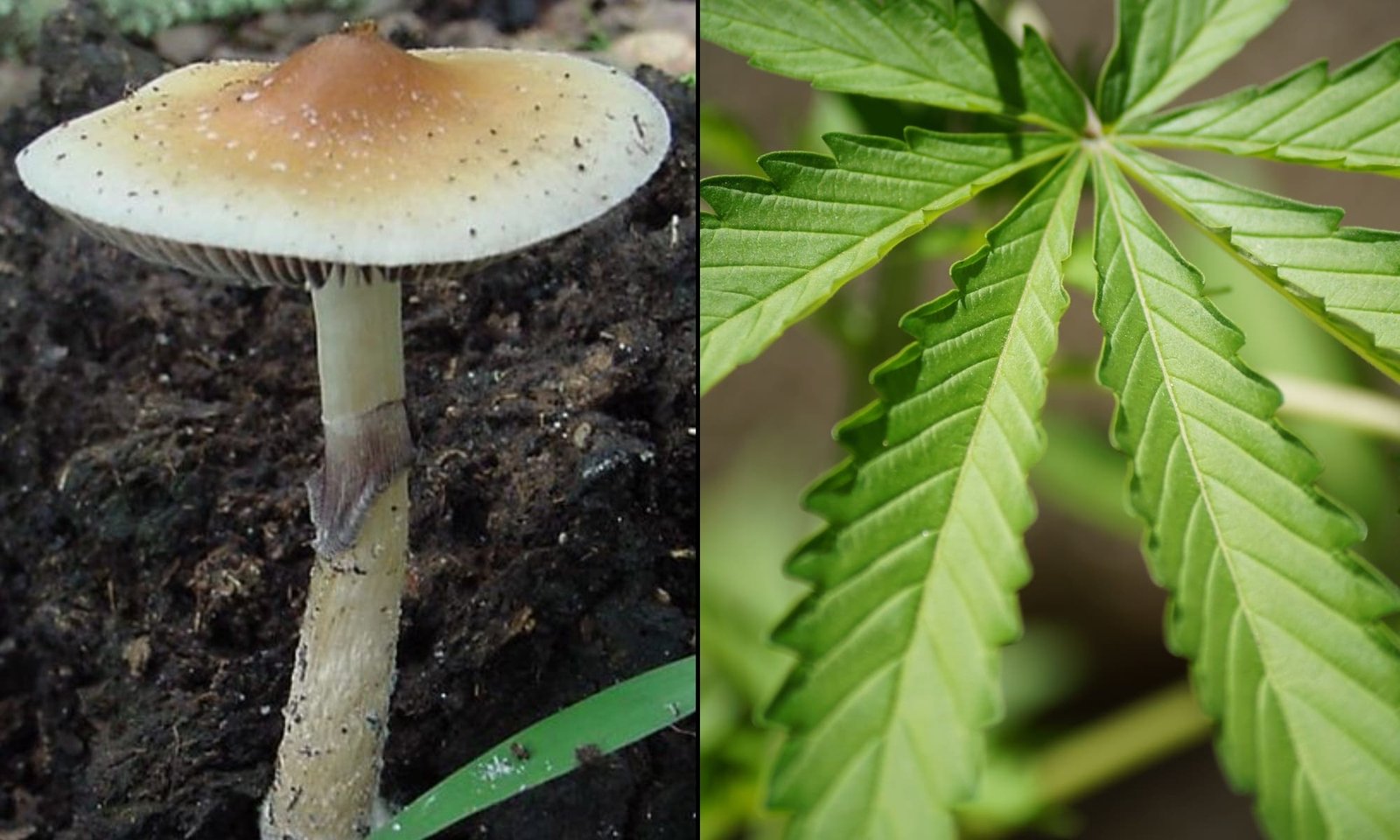BOSTON – During a recent meeting of the Cannabis Policy Committee, legislators expressed growing concern over hemp-based products being sold in convenience stores across Massachusetts. One committee member described a bag of these products as a “wonderful, reefer-smelling bag,” while another voiced fears that a drug-sniffing dog at the airport might react to it.
The products in question are not sourced from licensed cannabis retailers or the illegal market but are marketed as legal hemp items under federal law. These include gummies, energy drinks, and seltzers that mimic the effects of cannabis. However, they operate in a legal gray area, raising questions about safety and regulation.
Senator Adam Gomez, co-chair of the committee, pointed out that if a product looks and smells like cannabis, it likely functions similarly. Jesse Alderman, co-chair of Foley Hoag’s cannabis practice, emphasized that the distinction between hemp and cannabis is largely a legal construct. According to federal law, hemp is defined as cannabis containing 0.3% Delta-9 tetrahydrocannabinol (THC) or less by dry weight at harvest. However, processed products can have significantly more THC, leading to intense psychoactive effects.
During the meeting, Representative Dawne Shand presented H 168, legislation aimed at regulating hemp-derived cannabinoid products. This proposed law would require products containing more than 0.5 mg of THC per serving to have oversight from the Cannabis Control Commission. Shand criticized the unregulated hemp industry, stating it undermines the efforts to establish a safe and fair cannabis market in Massachusetts.
Peter Gallagher, CEO of the licensed cannabis producer INSA, shared alarming findings from tests conducted on over 100 hemp products purchased statewide. Approximately 90% of these products contained Delta-9 THC levels exceeding the legal limit of 0.3%. Some products even registered THC levels above 10%. Furthermore, about a third of the items failed safety tests for contaminants such as pesticides and heavy metals, which are strictly regulated for cannabis.
Gallagher highlighted the danger of hemp products being sold without age verification, noting that some stores did not check IDs or charge sales tax. He cited a package of edibles containing 1,200 mg of THC per piece, far exceeding Massachusetts’ legal limit of 5 mg per piece and 100 mg per package. He compared the current situation to the 2019 vape crisis, stressing that unregulated products pose significant risks to consumers.
In response to these issues, Republican Representative Michael Soter has introduced legislation (H 179 and H 173) aiming to regulate CBD and Delta-9 THC levels. He voiced concerns from local CBD store owners regarding the safety and regulatory oversight of hemp products.
Lawmakers are increasingly aware that intoxicating hemp products are competing directly with legal cannabis, producing similar effects and potentially compromising public safety. As the sales of these products continue to rise, the push for regulation intensifies to protect consumers and ensure a level playing field for licensed cannabis businesses in Massachusetts.




